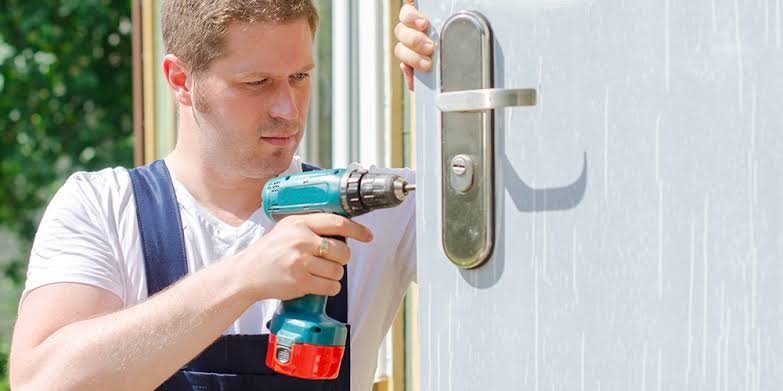Changing locks is one of the most common ways to improve the security of your home or business. Whether you’ve just moved into a new property, lost a set of keys, or simply want to upgrade to a higher-security lock, the question often arises: do you need a drill to change locks? The short answer is not always. While a drill can sometimes be part of the process, it’s not always necessary—and in many cases, using one without the right expertise can do more harm than good. This is where professional locksmiths play a vital role.
When You Don’t Need a Drill
In most situations, changing a standard lock does not require drilling. If you already have the correct keys, a local locksmith (or even a skilled DIYer) can:
- Remove the existing lock by unscrewing it from the door.
- Install a new lock that fits into the existing hole.
- Rekey the existing lock so that the old keys no longer work.
This process is straightforward and avoids any damage to the door or surrounding hardware. Rekeying, in particular, is a cost-effective solution that allows you to keep the same lock body while changing the internal pins, making old keys useless.
When Drilling May Be Necessary
There are times, however, when drilling is unavoidable. For example:
- Lost Keys Without a Spare
If you don’t have the key to your lock, and the lock is a high-security model resistant to picking or bypassing, drilling may be the only way to remove it.
- Broken or Jammed Locks
A lock that is damaged, rusted, or completely jammed may not respond to traditional techniques. Drilling ensures the lock can be removed safely.
- Upgrading to a Different Lock Type
If you’re switching from a standard lock to a more advanced system (such as a smart lock or high-security deadbolt), new holes may need to be drilled in the door to accommodate the hardware.
In these cases, drilling is not about forcefully breaking the lock—it’s a controlled, professional process to ensure the door remains intact while the faulty or outdated lock is replaced.
Why You Should Avoid DIY Drilling
Many homeowners are tempted to grab a drill and attempt the process themselves. However, without the right tools and training, this can lead to:
- Damaging the door (splitting wood, scratching metal, or misaligning holes).
- Compromising security if the lock is installed incorrectly.
- Increased costs, since repairing or replacing damaged doors and hardware is more expensive than hiring a locksmith in the first place.
Drilling a lock is a delicate process—professional locksmiths are trained to know when it’s truly necessary and how to do it without causing further problems.
How Locksmiths Can Help
Locksmiths bring both skill and judgment to the table. Their approach usually follows these steps:
- Assessment: A 24/7 near me locksmith will first inspect the lock to determine if it can be opened or replaced without drilling. Often, techniques such as lock picking, bypassing, or rekeying solve the problem.
- Use of Specialist Tools: Professional locksmiths have tools designed to manipulate locks without damage, such as tension wrenches, pick guns, or decoding devices.
- Safe Drilling (If Needed): If drilling is unavoidable, a locksmith will do so carefully, minimizing damage and ensuring the door and frame remain in good condition.
- Replacement and Security Upgrade: After removing the lock, they can install a brand-new one—sometimes even a more secure model such as an anti-snap euro cylinder or smart lock.
By hiring a locksmith, you’re not just paying for labor—you’re investing in expertise, proper tools, and peace of mind that the job will be done right.
Additional Services Locksmiths Offer
Beyond simply changing locks, locksmiths provide a wide range of services to enhance your security, including:
- Emergency lockout assistance.
- Spare key cutting and duplication.
- Installation of high-security locks.
- Upgrading to digital or smart lock systems.
- Security surveys for homes and businesses.
These services mean you get a comprehensive solution, rather than just a one-time fix.
Final Thought
So, do you need a drill to change locks? Not always. In fact, in many cases, locksmiths can change or rekey locks without drilling at all. Drilling becomes necessary only when the lock is too damaged, inaccessible, or incompatible with new hardware.
Instead of risking DIY damage, calling a professional locksmith ensures that your locks are changed safely, efficiently, and securely. Whether with or without a drill, their expertise guarantees that your property remains protected—and that’s the ultimate goal.
